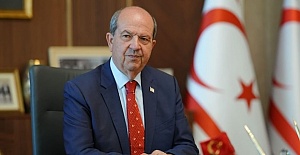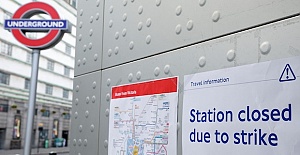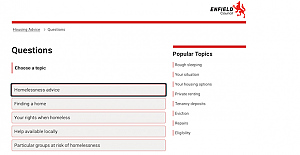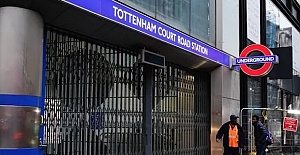The 76.1% employment rate is the highest since records began in 1971.
Unemployment fell by 35,000 to 1.34 million in the period, putting the rate below 4% for the first time since 1975.
The figure is 112,000 lower than a year ago, giving a jobless rate of 3.9%, well below the EU average of 6.5%.
Average weekly earnings, excluding bonuses, were estimated to have increased by 3.4%, before adjusting for inflation, down by 0.1% on the previous month but still outpacing inflation.
ONS senior statistician Matt Hughes said: "The employment rate has reached a new record high, while the proportion of people who are neither working nor looking for a job - the so-called 'economic inactivity rate'- is at a new record low."
The number of men in employment increased by 77,000 to reach a record high of 17.32 million in the three-month period.

The number of women in employment increased by 144,000 to reach a record high of 15.40 million over the same period. This was the largest increase in the number of employed women since the period February-to-April 2014.
Meanwhile, the number of economically inactive people fell by 117,000 to 8.55 million, a rate of 20.7%, the lowest on record.
And the number of job vacancies in the economy increased by 4,000 to 854,000.
Employment Minister Alok Sharma said: "Today's employment figures are further evidence of the strong economy the chancellor detailed in last week's Spring Statement, showing how our pro-business policies are delivering record employment.
"Our jobs market remains resilient as we see more people than ever before benefiting from earning a wage. By backing the government's Brexit deal and giving certainty to business, MPs have the chance to safeguard this jobs track record."
Andrew Wishart, UK economist with Capital Economics, said: "There was no sign in the labour market data of Brexit concerns at the start of the year, as the data beat expectations in every regard.
"This will add to concerns that the Brexit-related fall in investment is having a detrimental effect on the economy, as firms have opted to hire workers to meet demand rather than invest. It is also a mix that could push up inflation.
"As a result, if there is a long delay to Brexit or a deal is struck, we suspect the [Bank of England's] Monetary Policy Committee will raise interest rates this summer."
BBC NEWS


 Enfield Labour welcomes new court order to stop antisocial behaviour in Edmonton Green
Enfield Labour welcomes new court order to stop antisocial behaviour in Edmonton Green David Lammy arrives in Downing Street after becoming deputy prime minister
David Lammy arrives in Downing Street after becoming deputy prime minister CTCA UK Condemns the Political Forcing Out of Afzal Khan MP for Engaging with Turkish Cypriots
CTCA UK Condemns the Political Forcing Out of Afzal Khan MP for Engaging with Turkish Cypriots Tatar: “Reaction to MP’s TRNC visit is yet another stark example of the Greek Cypriot leadership’s primitive and domineering mentality”
Tatar: “Reaction to MP’s TRNC visit is yet another stark example of the Greek Cypriot leadership’s primitive and domineering mentality” Latest! Israeli navy intercepts Global Sumud Flotilla as it approaches Gaza to break siege
Latest! Israeli navy intercepts Global Sumud Flotilla as it approaches Gaza to break siege Enfield Labour Calls for Public Feedback on Crime and Safety Concerns
Enfield Labour Calls for Public Feedback on Crime and Safety Concerns Important Travel Updates: London Underground and DLR Strike Action
Important Travel Updates: London Underground and DLR Strike Action Team Enfield ranks fifteenth the in London Youth Games
Team Enfield ranks fifteenth the in London Youth Games Champions League, Liverpool lose at Galatasaray
Champions League, Liverpool lose at Galatasaray Liverpool flew out for their Champions League match against Galatasaray
Liverpool flew out for their Champions League match against Galatasaray Enfield Council has approved plans for Surf London
Enfield Council has approved plans for Surf London Zlatan Ibrahimović receives UEFA President’s Award
Zlatan Ibrahimović receives UEFA President’s Award Enfield’s Crews Hill and Chase Park shortlisted for potential New Town
Enfield’s Crews Hill and Chase Park shortlisted for potential New Town Important milestone achieved with no hotel placements for temporary accommodation
Important milestone achieved with no hotel placements for temporary accommodation London tube strike shuts down services as TfL website crashes
London tube strike shuts down services as TfL website crashes HMRC TARGETS ERRORS IN MARGINAL RELIEF CLAIMS
HMRC TARGETS ERRORS IN MARGINAL RELIEF CLAIMS














